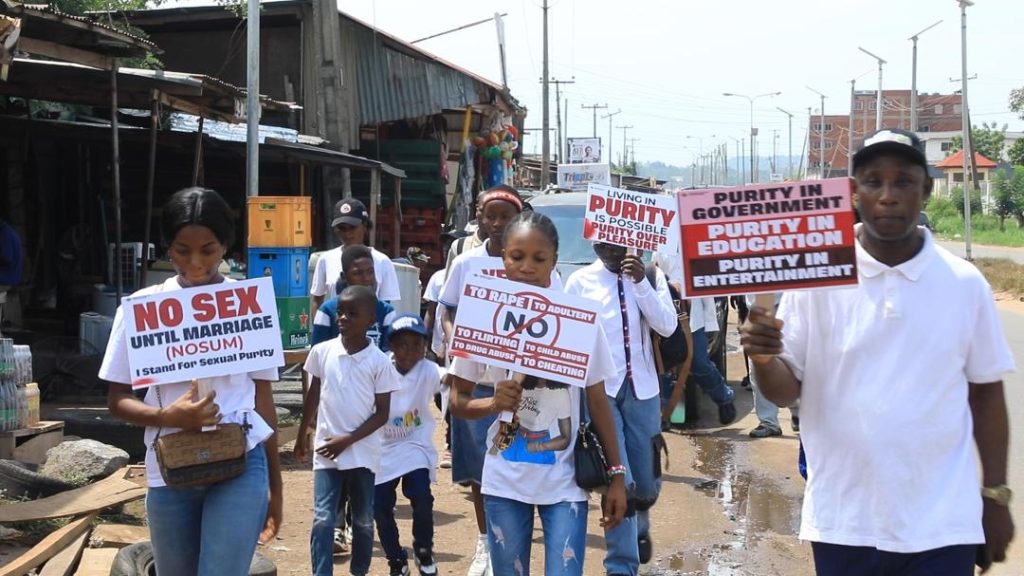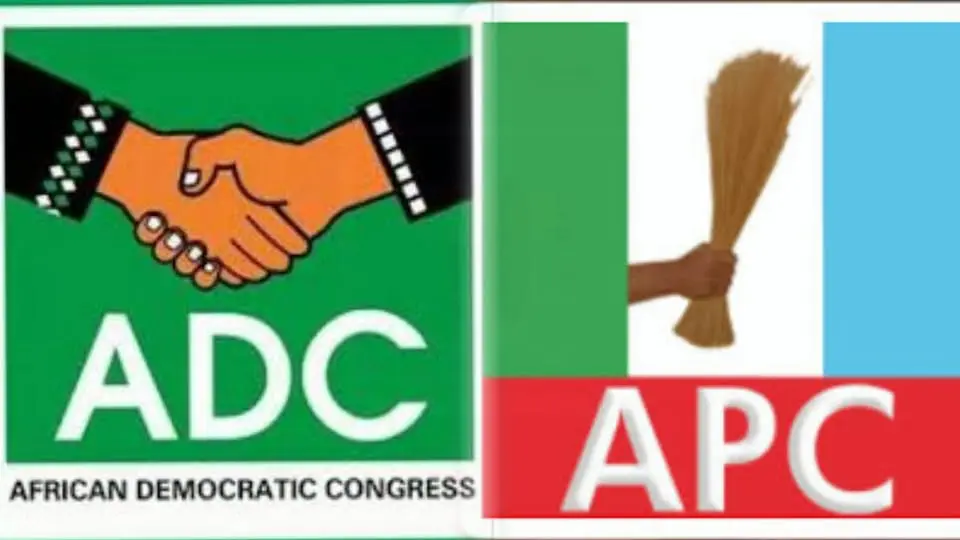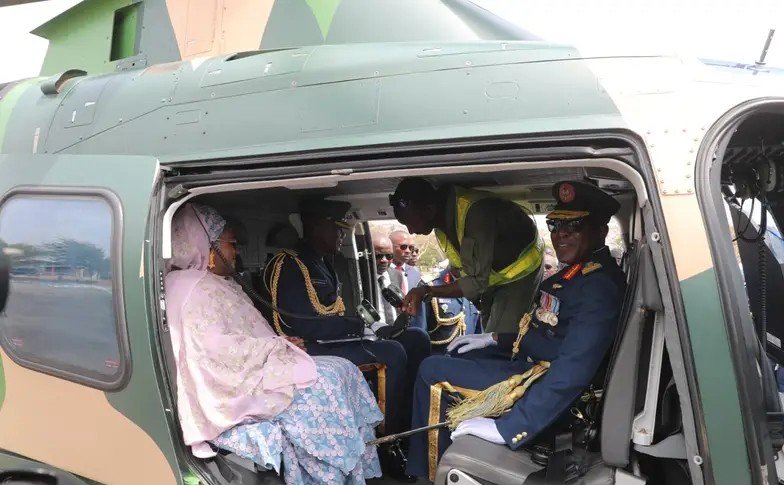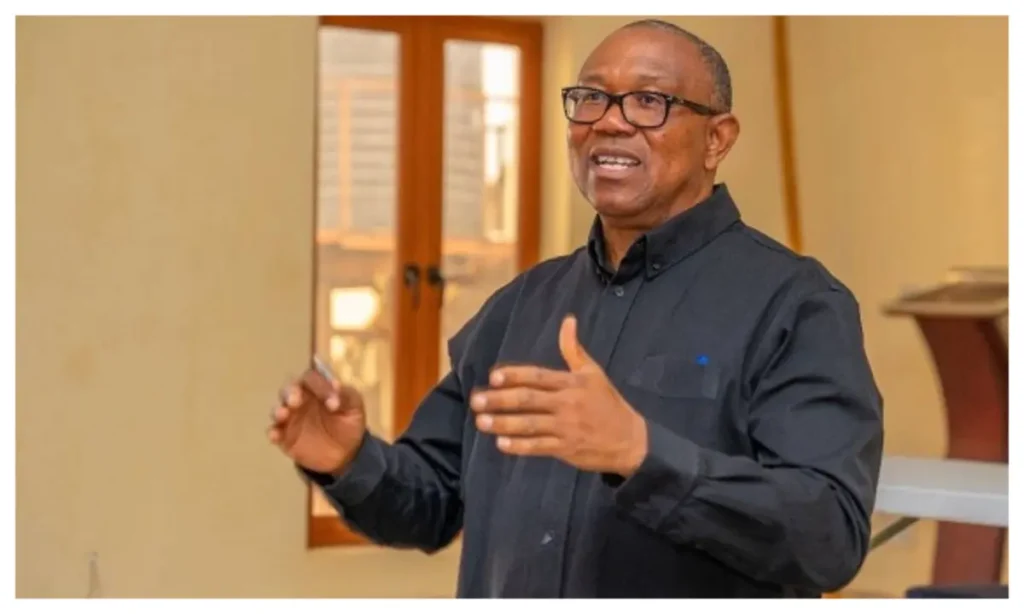A recent report by the UN Human Rights Commission has criticized South Sudan’s political elites for widespread corruption and mismanagement of the country’s resources. The report, titled “Plundering a Nation: How Rampant Corruption Unleashed a Human Rights Crisis in South Sudan,” is based on two years of independent investigations and analysis.
The report documents how oil and non-oil revenues are being siphoned off through opaque schemes and contracts, denying millions of South Sudanese basic services. According to the commission, corruption is the primary driver of the country’s decline, leading to hunger, collapsing health systems, and preventable deaths. The report also notes that the plundering of public revenues has fueled deadly armed conflict over resources.
Since gaining independence in 2011, South Sudan has received over $25.2 billion in oil revenues, yet the majority of this wealth has not reached essential services. The commission’s analysis shows that the education, public health, and justice systems are in crisis, with most civil servants underpaid or unpaid. International donors currently spend more on South Sudan’s basic services than the government itself.
The report highlights several corruption schemes, including the “Oil for Roads” program, which funneled an estimated $2.2 billion off-budget into political patronage networks. The scheme implicates Vice President Benjamin Bol Mel, whose companies failed to deliver most of the promised roads. Other schemes involve non-oil revenue collections, where little of the taxes reach government budgets, and illegal levies on humanitarian actors obstruct critical food aid operations.
The UN Human Rights Commission has set out 54 recommendations to the Government of South Sudan to address the corruption and prioritize the population’s basic needs. The report’s release comes amid ongoing political tensions, including the recent announcement of charges against First Vice President Riek Machar, who has been arbitrarily detained since March 2025. The commission’s findings emphasize the need for urgent action to address the systemic corruption and ensure that the country’s resources are used to benefit its citizens.



